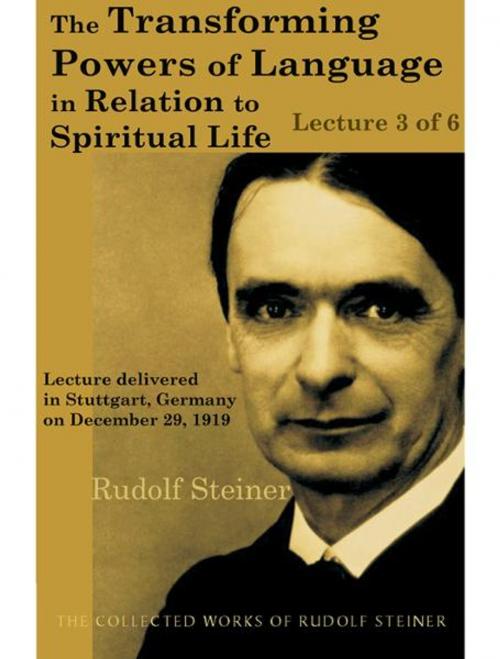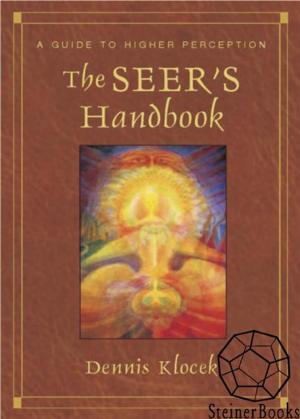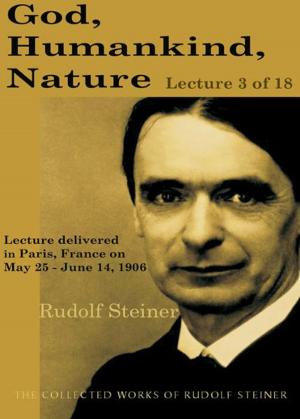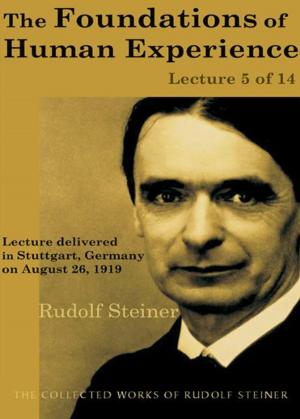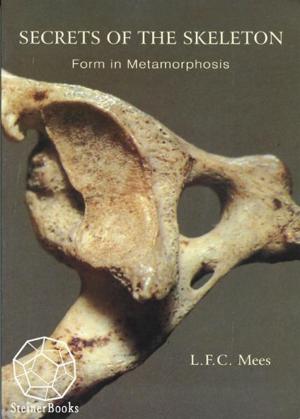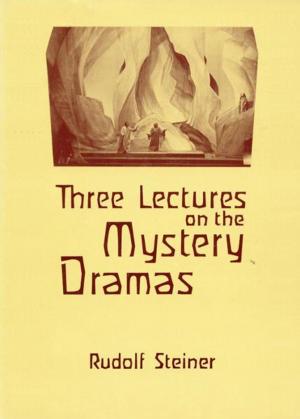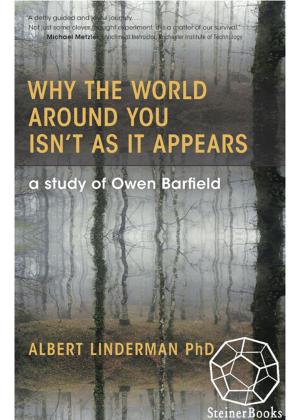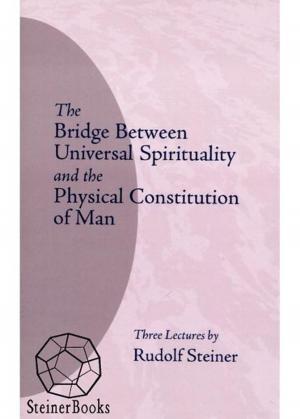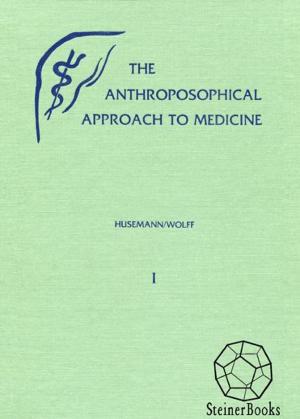The Transforming Powers of Language in Relation to Spiritual Life (Lecture 3 of 6)
Nonfiction, Reference & Language, Education & Teaching, Educational Theory, Philosophy & Social Aspects| Author: | Rudolf Steiner | ISBN: | 9780880107402 |
| Publisher: | Steinerbooks | Publication: | October 1, 1995 |
| Imprint: | SteinerBooks, Collected Works 299 | Language: | English |
| Author: | Rudolf Steiner |
| ISBN: | 9780880107402 |
| Publisher: | Steinerbooks |
| Publication: | October 1, 1995 |
| Imprint: | SteinerBooks, Collected Works 299 |
| Language: | English |
This lecture is part of the collection "The Genius of Language" by Rudolf Steiner. Steiner (1861-1925) was an Austrian philosopher, social reformer, architect, and esotericist. He gained initial recognition as a literary critic and cultural philosopher. At the beginning of the 20th century, he founded a spiritual movement, Anthroposophy. He is considered the father of Waldorf education, biodynamic agriculture, anthroposophical medicine and spiritual science. The foreign components of German and its connection to other European languages. Indo-European the original language. The wave movement of human development; alienation of social relationships and isolation. Differentiations of language according to geographical conditions. Consonant shifts (1500 B.C.500 A.D.); three language steps: Greco-Latin to Anglo-Saxon to German. The folk soul element: expletives. Inner wordless thinking. The entire Collected Works of Rudolf Steiner are available from SteinerBooks.
This lecture is part of the collection "The Genius of Language" by Rudolf Steiner. Steiner (1861-1925) was an Austrian philosopher, social reformer, architect, and esotericist. He gained initial recognition as a literary critic and cultural philosopher. At the beginning of the 20th century, he founded a spiritual movement, Anthroposophy. He is considered the father of Waldorf education, biodynamic agriculture, anthroposophical medicine and spiritual science. The foreign components of German and its connection to other European languages. Indo-European the original language. The wave movement of human development; alienation of social relationships and isolation. Differentiations of language according to geographical conditions. Consonant shifts (1500 B.C.500 A.D.); three language steps: Greco-Latin to Anglo-Saxon to German. The folk soul element: expletives. Inner wordless thinking. The entire Collected Works of Rudolf Steiner are available from SteinerBooks.
